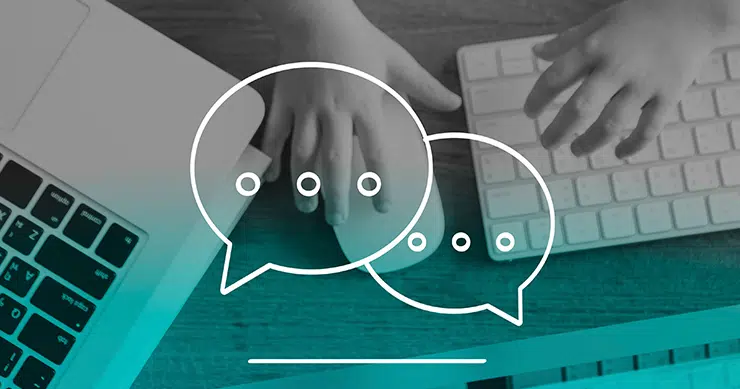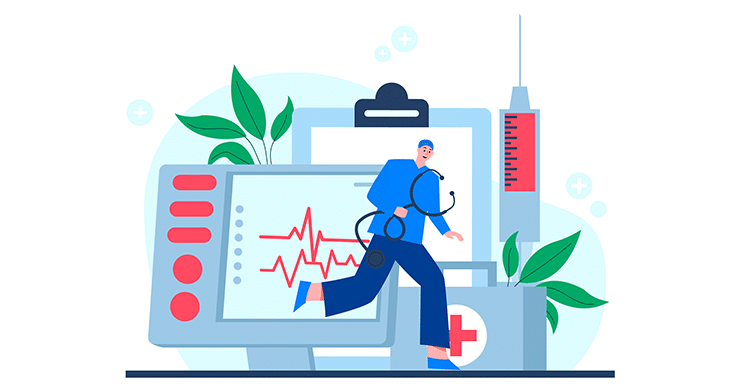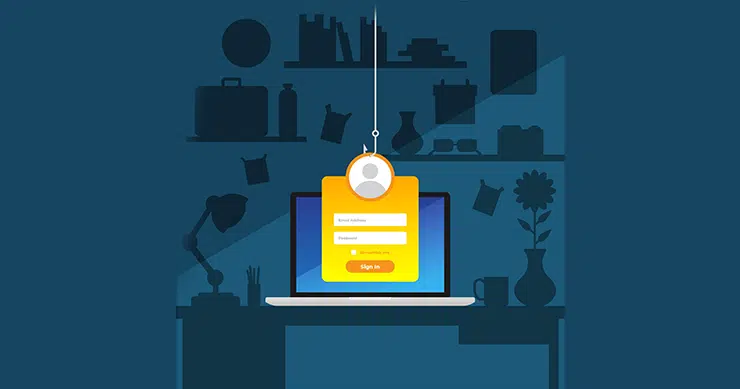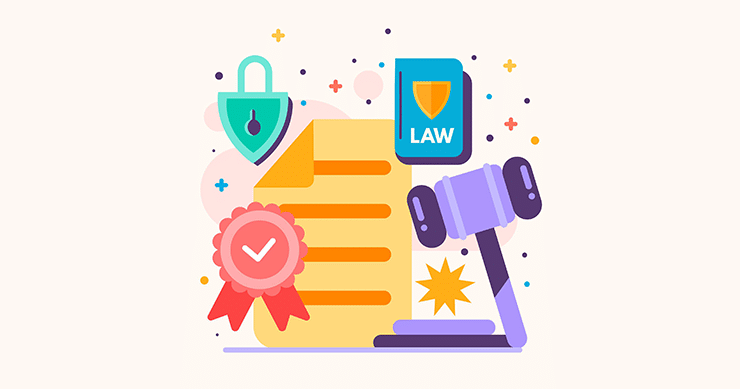One of the main concerns with language models like ChatCPT is privacy risks. The model uses any data it is fed, including personal information and social media content. The model uses this personal data without obtaining permission from the owners, making it difficult to control. You can refer to the privacy policy from chatGPT, which allows the company to access any information fed into it.

If someone were to try to delete their personal data from ChatGPT, it would be quite impossible to accomplish, making it virtually impossible to exercise the “right to be forgotten.” To date, there is no practical way to remove personal data from the machine learning model once the model has processed that information.
“People are furious that data is being used without their permission,” Sadia Afroz, AI researcher with Avast, says. “Sometimes, some people have deleted the data but since the language model has already used them, the data is there forever. They don’t know how to delete the data.”
Real Examples ChatGPT Privacy Leaks
March 2023
In a company update posted in March, OpenAI confirmed rumors that 1.2% of users of ChatGPT Plus (during a particular session) may have had partial payment details exposed to the public, although no full credit card numbers were exposed.
Quoted from the OpenAI update: “We took ChatGPT offline earlier this week due to a bug in an open-source library which allowed some users to see titles from another active user’s chat history. It’s also possible that the first message of a newly-created conversation was visible in someone else’s chat history if both users were active around the same time.”
“Upon deeper investigation, we also discovered that the same bug may have caused the unintentional visibility of payment-related information of 1.2% of the ChatGPT Plus subscribers who were active during a specific nine-hour window. ”
April 2023
While using ChatGPT at work, 3 Samsung employees unintentionally disclosed private information to the model. One time, a worker posted a private source code into the conversation to check for mistakes. Another worker sent ChatGPT some code and “requested code optimization.” A third person offered a meeting recording that might be used to create presentation notes. The information is currently available for ChatGPT to consume.
What’s the Future of Privacy with ChatGPT?
Efforts are being made to allow users to delete their personal information from the model, but there is no timeframe yet of when this service will be available, or if it will work on a technical level. The practical drawback of removing personal data touches on another risk associated with language models: misinformation. If the model used the data in question to train itself and grow its knowledge base, giving users the option to delete their personal data may lessen the accuracy and full knowledge scope that users expect from it.
What are your insights into the debate between prioritizing privacy and advancing AI? We would love to hear your thoughts.





